The global wine industry appears to be facing significant challenges that have led many to question whether wine is in decline. Recent reports and trends indicate that the industry is struggling with a combination of environmental, economic, and social factors that are impacting both production and consumption.
Environmental Challenges
One of the most pressing issues facing the wine industry is climate change. According to the International Organization of Vine and Wine (OIV), extreme weather events such as spring frosts, summer droughts, and heavy rains have severely impacted grape production. In 2024, global wine production fell to 22.58 billion liters, a 4.8% decrease from the previous year and the lowest level since 1961. France, one of the world's leading wine producers, saw its wine production drop by 24%. These weather anomalies have not only reduced yields but also increased production costs for winemakers.
Economic and Market Challenges
Economic factors are also contributing to the decline. Inflation and economic uncertainty have dampened consumer spending, particularly on non-essential items like wine. Global wine consumption has been declining, with a 3.3% drop in 2024 to 21.42 billion liters, the lowest level in over 60 years. Traditional wine-consuming countries like the United States, France, and Germany have all experienced declines in consumption. Notably, China's wine consumption dropped by 19.3%, highlighting a significant shift in this emerging market.
Changing Consumer Preferences
Consumer preferences are evolving, with younger generations increasingly favoring healthier and lower-alcohol beverages. This shift has led to a decline in traditional wine consumption. Additionally, the rise of new alcoholic beverages such as sparkling wines and ready-to-drink cocktails has attracted consumers away from traditional wines. The lack of consumer education about wine has also contributed to the decline, as many consumers find it difficult to distinguish between quality and price, leading to a market flooded with inferior products.
Industry Response and Future Outlook
In response to these challenges, the wine industry is exploring various strategies. Some winemakers are focusing on sustainable practices to mitigate the impact of climate change. Others are experimenting with low-alcohol and organic wines to cater to changing consumer preferences. Despite these efforts, the future remains uncertain. While some experts predict a continued decline, others see potential for growth in emerging markets like Asia.
The wine industry is indeed facing a period of decline driven by environmental, economic, and social factors. However, the industry's ability to adapt and innovate may determine its future success. Winemakers and stakeholders must address these challenges head-on to ensure the continued vitality of this cherished beverage.
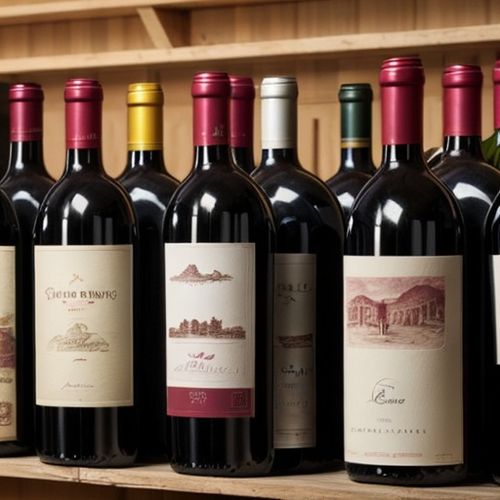
By Eric Ward/Apr 29, 2025
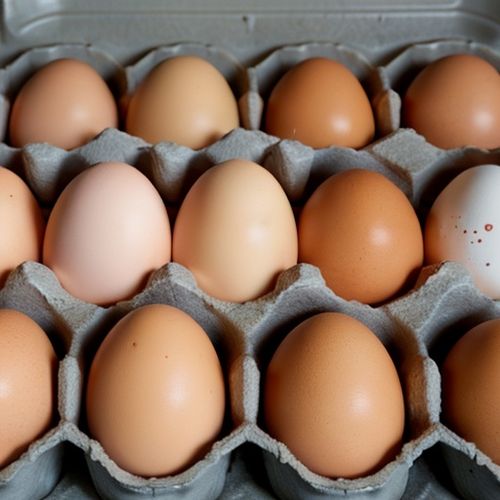
By Jessica Lee/Apr 29, 2025
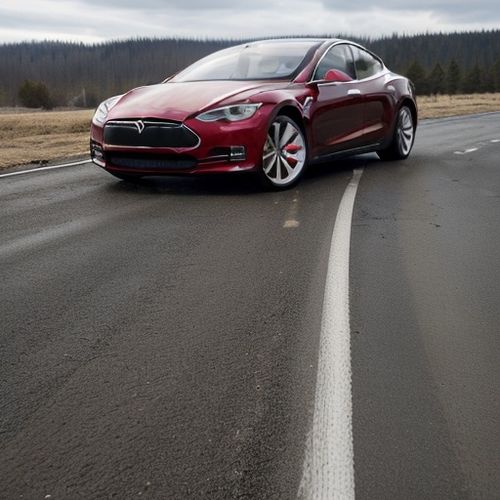
By Lily Simpson/Apr 29, 2025

By Amanda Phillips/Apr 29, 2025
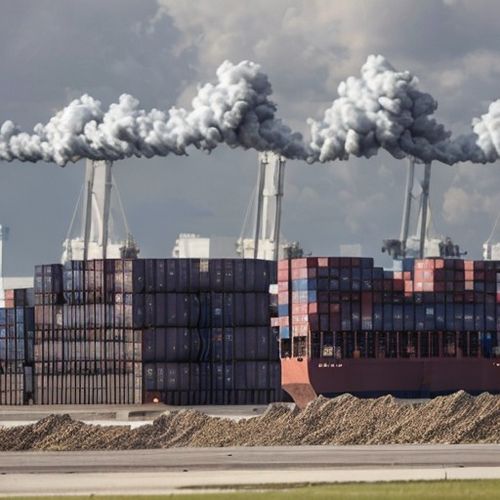
By James Moore/Apr 29, 2025

By Amanda Phillips/Apr 29, 2025

By Sophia Lewis/Apr 29, 2025

By Ryan Martin/Apr 29, 2025

By Elizabeth Taylor/Apr 29, 2025
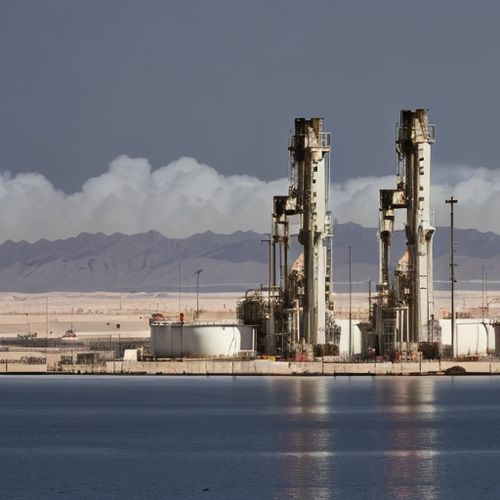
By Noah Bell/Apr 29, 2025
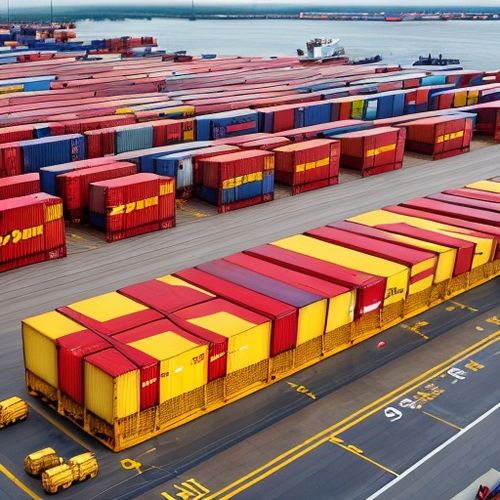
By Emily Johnson/Apr 29, 2025

By Grace Cox/Apr 29, 2025

By Rebecca Stewart/Apr 29, 2025

By Elizabeth Taylor/Apr 29, 2025
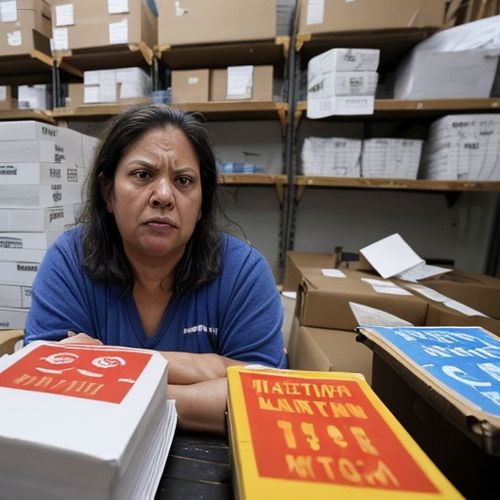
By Michael Brown/Apr 29, 2025
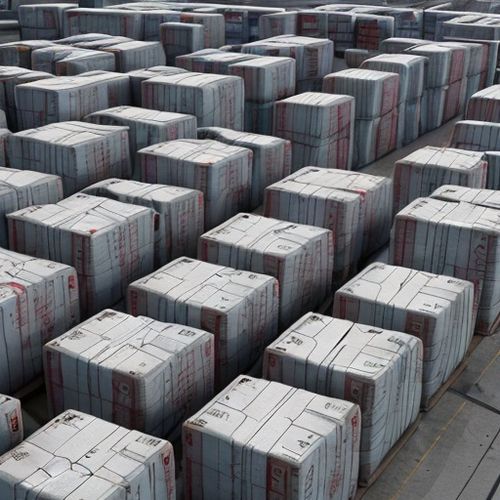
By Olivia Reed/Apr 29, 2025
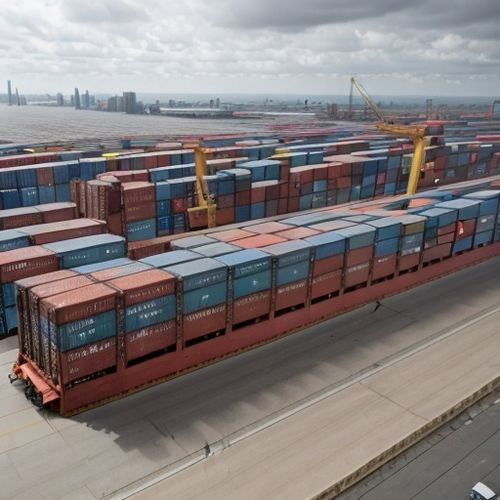
By Daniel Scott/Apr 29, 2025
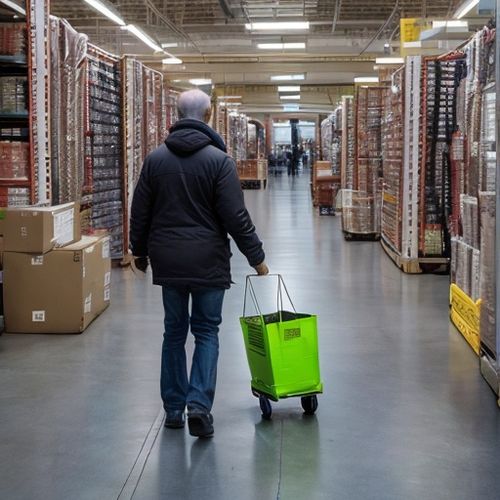
By Joshua Howard/Apr 29, 2025
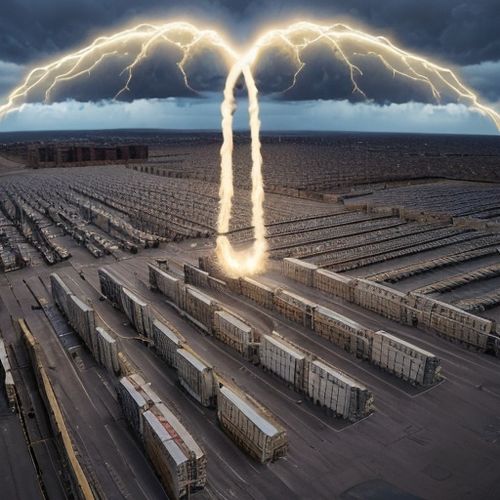
By Megan Clark/Apr 29, 2025
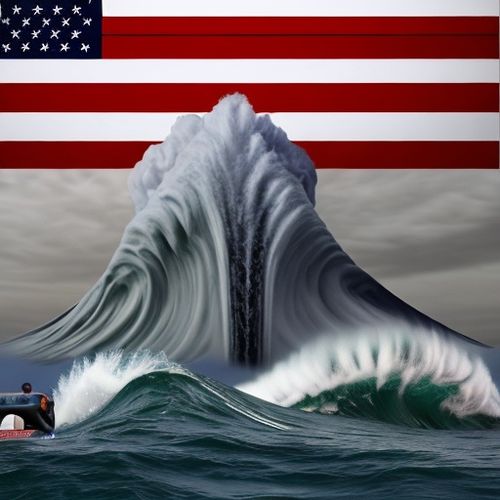
By John Smith/Apr 29, 2025